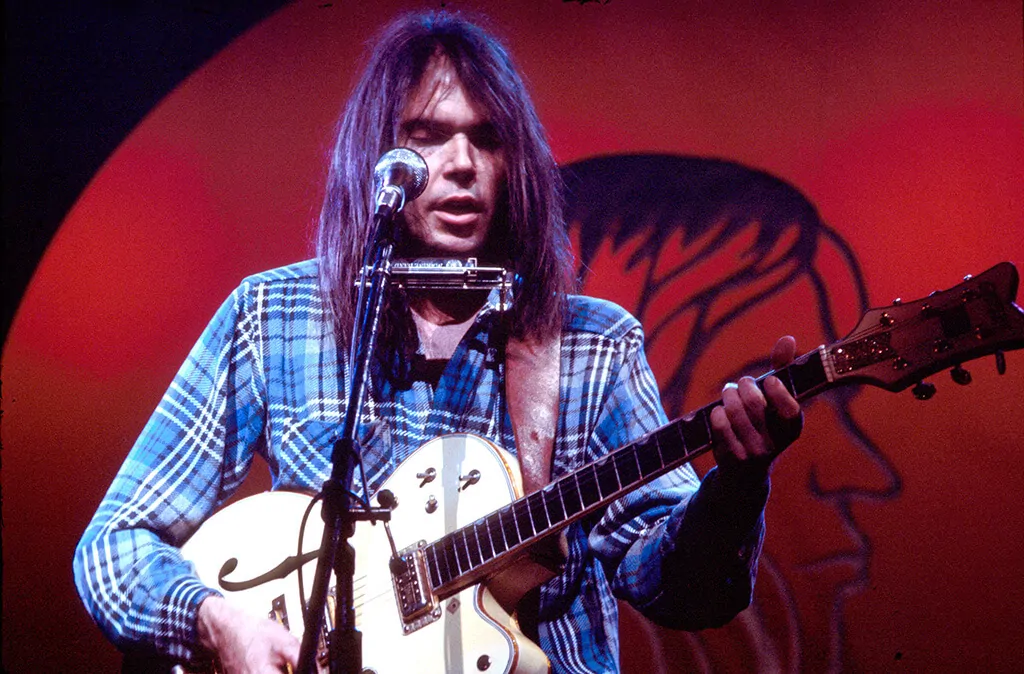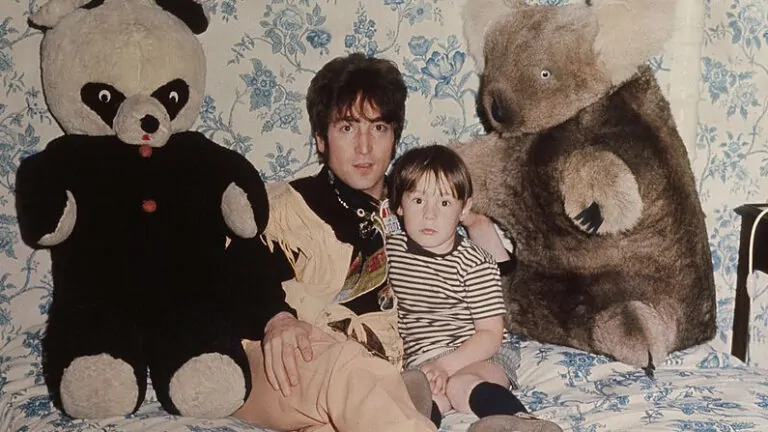
roughcoupleofyears 19148 35747
Neil Young is a legendary Canadian singer-songwriter and musician who has had a lengthy and successful career spanning over five decades. With his unique voice, heartfelt lyrics, and raw emotion, Young has become one of the most influential and enduring figures in the world of rock music.
Born on November 12, 1945, in Toronto, Ontario, Neil Young showed an interest in music from a young age. He began playing the guitar at the age of 14 and quickly developed a passion for songwriting. In the early 1960s, Young joined various bands and performed in local clubs in Toronto, honing his skills as a musician.
In 1966, Young moved to Los Angeles to pursue a career in music. He formed the band Buffalo Springfield with Stephen Stills, Richie Furay, Dewey Martin, and Bruce Palmer. The band released their debut album in 1966, which featured the hit single “For What It’s Worth.” Despite internal tensions within the band, Buffalo Springfield achieved critical and commercial success, and Young’s songwriting abilities were quickly recognized.
After Buffalo Springfield disbanded in 1968, Neil Young embarked on a solo career and released his self-titled debut album in 1969. The album featured iconic songs such as “The Loner” and “The Old Laughing Lady” and established Young as a solo artist to be reckoned with. His distinctive voice, poetic lyrics, and haunting melodies resonated with audiences and critics alike.
Throughout the 1970s, Neil Young released a string of successful albums that solidified his reputation as a prolific and innovative musician. Albums such as “After the Gold Rush” (1970), “Harvest” (1972), and “Tonight’s the Night” (1975) showcased Young’s versatility as a songwriter and musician. His music spanned various genres, from folk and country to rock and experimental, earning him a diverse and dedicated fan base.
One of Neil Young’s most iconic albums is “Harvest,” released in 1972. The album featured the hit singles “Heart of Gold” and “Old Man” and became one of Young’s best-selling and most critically acclaimed albums. “Harvest” solidified Young’s status as a mainstream superstar and cemented his place in rock music history.
In addition to his solo work, Neil Young also collaborated with other musicians and bands throughout his career. In 1976, he joined forces with Crosby, Stills, and Nash to form the supergroup Crosby, Stills, Nash & Young. The group released the album “Deja Vu,” which featured the hit single “Teach Your Children.” The collaboration between the four musicians was highly successful and showcased Young’s ability to work well with others and adapt his musical style to different genres.
In the 1980s, Neil Young continued to experiment with his music and released albums that pushed the boundaries of traditional rock. Albums such as “Trans” (1982) and “Everybody’s Rockin'” (1983) featured electronic and rockabilly influences, respectively, and highlighted Young’s willingness to take risks and explore new musical territories.
Despite facing personal and professional challenges throughout his career, including health issues and the death of close friends, Neil Young persevered and continued to create music that resonated with audiences. His songs often reflected his inner struggles and emotions, making them relatable and poignant to listeners.
In the 1990s and 2000s, Neil Young released a series of critically acclaimed albums that further solidified his reputation as a musical icon. Albums such as “Harvest Moon” (1992), “Sleeps with Angels” (1994), and “Prairie Wind” (2005) showcased Young’s songwriting skills and his ability to connect with audiences on a deep and emotional level.
One of Neil Young’s most ambitious projects is the Archives series, a collection of live recordings, unreleased tracks, and other rare material spanning his entire career. The Archives project, which was released in several installments starting in 2009, offers fans a comprehensive and intimate look into Young’s creative process and evolution as a musician.
In addition to his music, Neil Young is also known for his activism and philanthropy. He has been a vocal advocate for environmental causes, including the fight against climate change and the promotion of sustainable energy sources. Young founded the organization Farm Aid in 1985 to support family farmers and raise awareness about the importance of sustainable agriculture.
Despite his long and storied career, Neil Young shows no signs of slowing down. He continues to tour and record new music, delighting fans with his timeless songs and electrifying performances. Young’s enduring legacy as a musician, songwriter, and activist is a testament to his talent, passion, and unwavering commitment to his art.
In conclusion, Neil Young’s life and lengthy music career have made a lasting impact on the world of rock music. His unique voice, heartfelt lyrics, and raw emotion have resonated with audiences for over five decades, earning him a place among the greatest musicians of all time. Young’s willingness to take risks, experiment with different genres, and speak out on important issues has made him a true musical icon and a cultural force to be reckoned with. As he continues to create and inspire, Neil Young’s legacy will undoubtedly endure for generations to come.
/Digital Sauce



